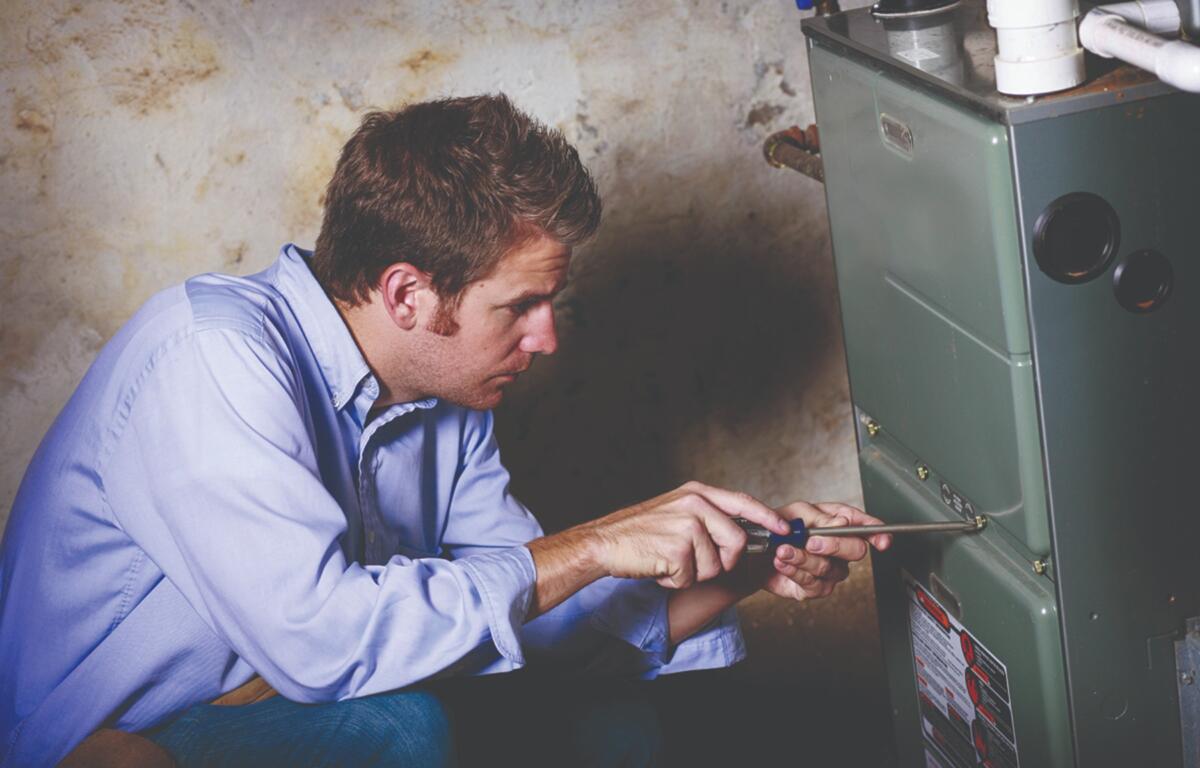ASHEVILLE, N.C. (828newsNOW) — The North Carolina Department of Environmental Quality on Thursday announced a $10 million Home Repair Weatherization Readiness Program to help families in western counties recover from Tropical Storm Helene and prepare their homes for energy efficiency upgrades.
The State Energy Office will distribute $6 million to the Western Piedmont Council of Governments and $4 million to nine weatherization service providers, including:
- Blue Ridge Community Action
- Blue Ridge Opportunity Commission
- Community Action Opportunities
- Four Square Community Action
- ICARE Inc.
- Macon County Government
- Mountain Projects Inc.
- WAMY Community Action
- Yadkin Valley Economic Development District
The program aims to serve more than 575 households.
The initiative supplements the state’s existing Weatherization Assistance Program, which helps families reduce utility bills through energy-efficient improvements such as insulation, HVAC replacement and sealing air leaks. The new funding targets counties identified as “most impacted and distressed” by Helene under the state’s recovery plan.
“This new weatherization readiness funding is an important piece of the comprehensive effort to accelerate long-term recovery and strengthen energy resilience in communities hit hard by Helene,” DEQ Secretary Reid Wilson said in a statement. “These projects will drive down home utility bills and ensure safer, healthier and more energy-efficient homes for families who need it most.”
Families who previously qualified for weatherization aid but were placed on deferral or waitlists will be prioritized. Many were deferred because their homes needed repairs that were not covered under the original program, officials said.
“This effort is going to increase Western North Carolina’s sound and efficient housing stock, reduce energy costs for the most vulnerable families and individuals and make homes safer and more comfortable,” Julie Woosley, director of the State Energy Office, said in the news release.
The funding comes from the state’s 2024 Disaster Recovery Act and is designed to reduce carbon emissions and strengthen resilience in storm-affected areas.


